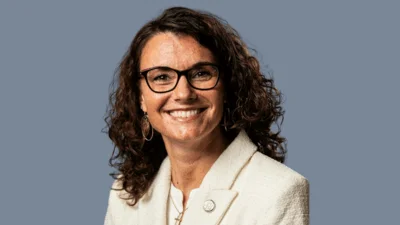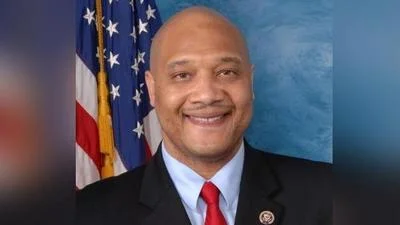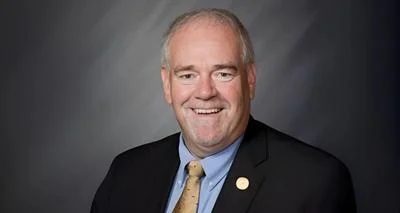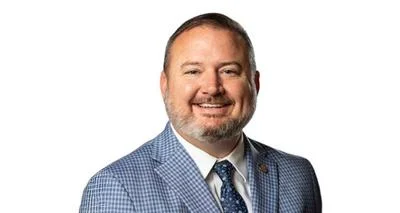Mike Braun - Ranking member of the Senate Special Committee on Aging | Official U.S. Senate headshot
Mike Braun - Ranking member of the Senate Special Committee on Aging | Official U.S. Senate headshot
Today, Sen. Mike Braun, Ranking Member of the U.S. Special Committee on Aging, addressed the committee's hearing on "Assisted Living Facilities: Understanding Long-Term Care Options for Older Adults." The hearing focused on the current state of assisted living facilities in the United States and explored topics such as services provided, costs and fees, and the workforce.
Sen. Braun emphasized the need for affordable, safe, and high-quality long-term care as the aging population continues to grow. He highlighted the importance of assisted living facilities as an option for individuals who require some assistance but do not need the level of care provided in a nursing home.
At the heart of the challenges faced by assisted living facilities is a chronic workforce shortage. Sen. Braun expressed concern that an overburdened workforce can lead to issues with the quality of care and safety, resulting in neglect and tragedies. To address this issue, he mentioned the JOBS Act, which allows students to use federal Pell Grants for high-quality, short-term job training programs, and the Train More Nurses Act, which aims to increase nursing pathways.
Sen. Braun also criticized the Biden administration for implementing measures that he believes make it harder for people to enter the healthcare workforce and for families to care for their loved ones. He expressed concern that the Independent Contractor Rule could eliminate up to 87% of independent contractor caregiver jobs, while the Joint Employer Rule would put additional financial burden on long-term care organizations.
While federal regulations may reduce seniors' access to affordable quality care, Sen. Braun highlighted the role of states in increasing access to assisted living facilities. Unlike nursing homes, which are regulated by both federal and state agencies, assisted living facilities are primarily regulated by states. Sen. Braun praised Indiana's efforts in increasing safety and transparency by implementing staffing ratios, dementia training, and a website that discloses reports and enforcement actions.
Furthermore, Sen. Braun acknowledged the importance of finding creative ways to use existing resources to assist seniors. He mentioned that Indiana has been successful in providing more affordable assisted living through a combination of state and federal tools, which has resulted in improved affordability and quality. However, he emphasized that there is still more work to be done.
In conclusion, Sen. Braun argued against increased federal involvement and regulation similar to nursing homes. He believes that states are best positioned to meet the growing need for affordable, safe, and high-quality long-term care. He expressed his eagerness to hear more about the challenges facing assisted living facilities and the efforts of states and providers to meet the needs of their communities.






 Alerts Sign-up
Alerts Sign-up